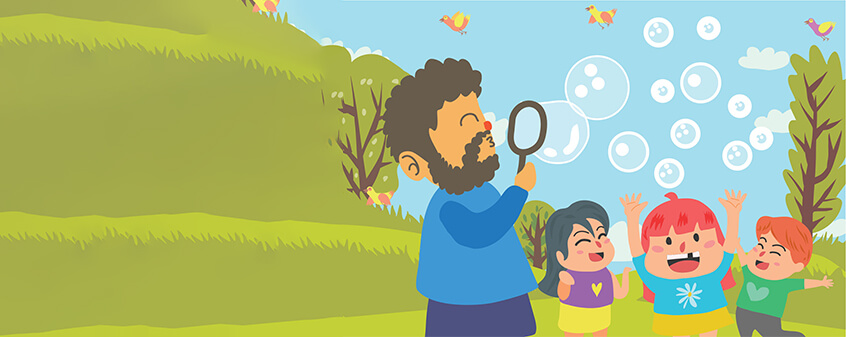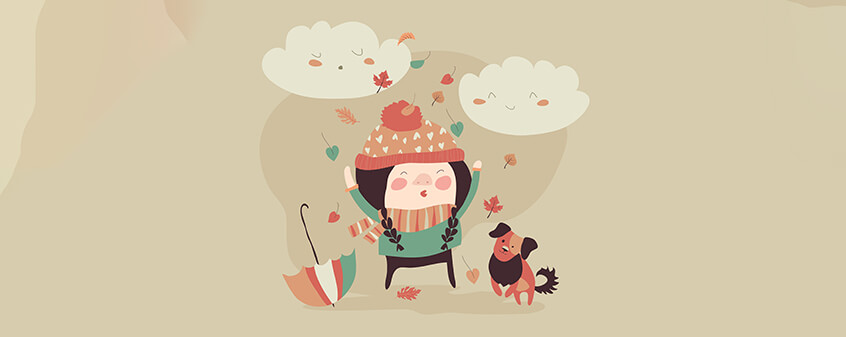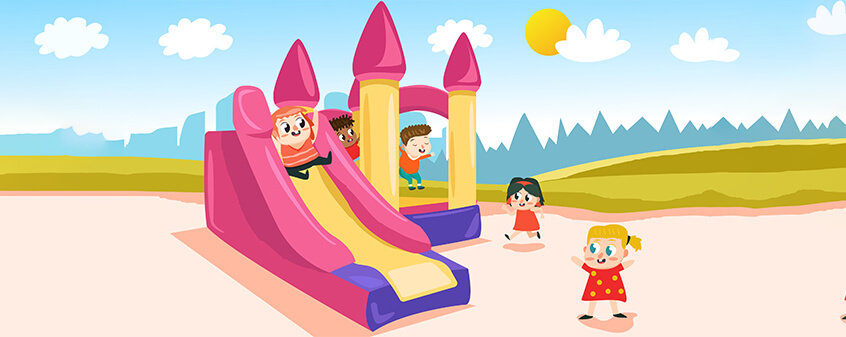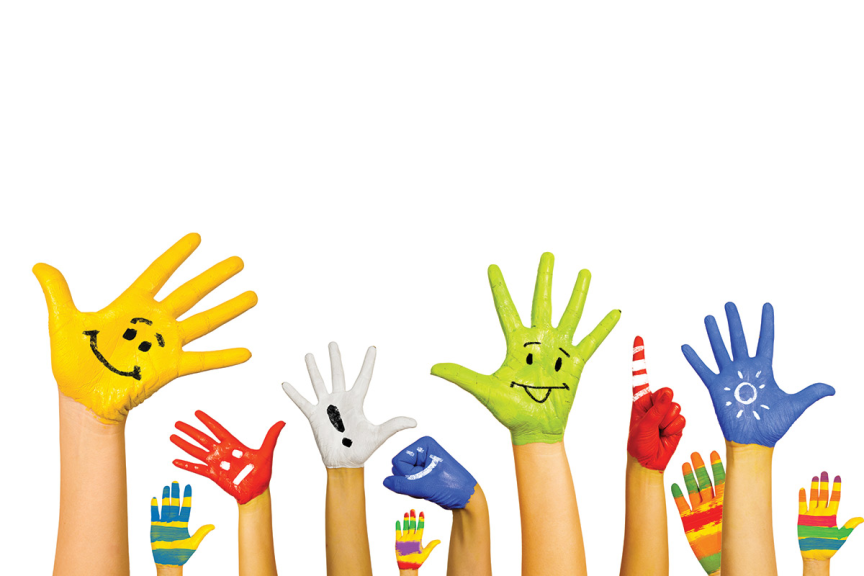Another important aspect of positive parenting is to be able to teach our kids perspective. Perspective leads to empathy and creativity. It’s only when we are in someone else’s shoes do we think and feel like them. I recently came across a TED talk by a young man K.K. Raghava, who created an app that changes the story when the tablet is shaken. Stories are narrated from a different perspective with each tap. So the Indian freedom struggle app provides the perspective of India, Pakistan, and the British. Perspective is essential. One can teach perspective using very simple techniques. Common fairy tales can be rewritten from the perspective of any character. Get your child to recreate the story of Cinderella from the perspective of the prince or the ugly sisters. The recent movie Snow White and the Huntsman gives a twist to the tale by narrating it from the hunstman’s point of view, as a protector of Snow White. In the same fashion, get your kids to write a story from the perspective of the good guy and the bad guy. Other activities you can engage your child in:
• celebrate different festivals. Take them to a temple, a church, and a mosque;
• ask them to list out 10 things they need their mobile phone for. Now tell them to discuss these things with their grandparents. How did that generation handle these situations without a phone? It will put things in perspective for them.
Developing observation skills
A confident child is also one who is observant. Only when a child knows what is going on around him will he be able to see the connections that will guide him to the purpose of his life. Observation if a skill that requires coordination of different parts of the brain. You see, hear, listen, think, concentrate, analyse, dig into your memory, compare and contrast stuff. All this needs different parts of your body and brain to work together.
Discipline
It is important, as far as possible, for children to develop an intrinsic locus of control as far as discipline and motivation are concerned. Self motivated children feel more in control of what happens in their lives. This process, however, begins if the child feels that he/she is in control of their lives, become which leads to them taking responsibility for their actions. Thus, they develop confidence, which leads to them becoming self motivated. Children who do not experience this take no responsibility for any of their actions, their successes or failures. They always feel that they have nothing to do with it. I often ask parents to allow children to control some of the aspects of their life that are not going to have detrimental long term affects and to sometimes allow them to experiment with choice. When a child sees that he is not allowed a voice, he blames everyone else for what’s happening in his life. He believes the world wrongs him and develops into someone who is always at a constant battle with the rest of the world. Children who have been controlled, much too often tend to see themselves as powerless.
I also ask parents to avoid power struggles as far as possible. A child who is engaged in making limited choices from an early age is unlikely to feel powerless. My advice is to let the child make some choices for himself right from toddlerhood. For example, it is okay for the child to be sometimes allowed to have that chocolate before dinner. Children develop confidence and an internal sense of control if power is given to them in gradually increasing doses as they mature and become more responsible.
Why is there so much focus on disciplining the child?
The focus of child rearing usually seems to begin and end with disciplining the child. This is mainly because we are aiming to bring up a child who is motivated to succeed in life for his own sake. Children need routine and discipline. In striving to be a friend, we must not let go of opportunities to teach kids a sense of routine and discipline. A rule is a rule, if it involves the safety of the child. No amount of pleading should change the decision of the parent. Thus, as a parent, we need to learn to hold out if we feel the need to. I know of a father whose initial reaction to any request from the child is ‘NO!’
‘May I have a chocolate?’
‘No!’
‘May I listen to music?’
‘No!’
‘May I play now?’
‘No!’
The child would then begin to cry and plead, and at times even scream. Finally, not knowing how to stop the child, the father would give in. Soon this vicious cycle became a habit. A ‘no’ followed by a tantrum followed by a ‘give in’. While speaking to this father I asked him if he would give in if the child demanded a knife. He said he would never give in and he seemed to realize what he was doing wrong. At this point I asked the father to think about what the child was asking for before rejecting it. Since a child gains a sense of autonomy and a desire for control as he grows up, the parent may want to process and categorize his decisions into three kinds:
• the unimportant decisions that can be child led (like wanting to eat a chocolate);
• the semi important decisions that may require negotiation and compromise (eating the chocolate after dinner); and
• the critical decisions that require parent dictatorship (the child wanting to play with a knife).
Remember, if a child cannot receive and enjoy attention that is positive, the child will resort to gaining attention that is negative rather than have no attention at all. The trick is to acknowledge all positive behaviour and ignore negative behaviour as far as possible."
Discipline must not be confused with punishment. This is a common mistake that most adults make. Aiming to discipline the child, we often resort to punishment. Punishment only has a negative impact on the behaviour of the child. There is a vast difference between discipline and punishment. Punishment does not make a logical connection between the act of indiscipline and the consequence. For instance, detention in schools is punishment unless the child is engaged in disciplinary behaviour that is tied to the misbehaviour. If a child is given detention for drawing graffiti on school tables, the time spent during detention should be spent cleaning the graffiti off the table.
If it is for bullying, then the time could be spent researching and presenting the effect bullying has on the victim. ‘Logical consequences make an obvious connection between children’s behaviour and the resulting disciplinary action. They cause children either to rehearse the desired behaviour or to restore a problem situation to a more desirable state. For instance, if the rule is “walk” and the child runs down the hall, a logical consequence would be to have him retrace his steps and walk. The act of walking actually approximates the rule, allowing the child to enact it physically. This provides him with a meaningful reminder of the rule to draw from in the future.’4 Most schools send students home for being late. In essence, I truly believe, especially with teenagers, that it is far more effective to explore the consequences of their choices than to impose a consequence. Children who walk in late at my schools spend the first period in the library where they write a reflective piece on why they were late and the solutions they can think of to ensure that they get to school on time. This is not a punishment and they understand that because they are in the library. I find students moving towards responsible behaviour when they focus on solutions instead of illogical consequences. Our focus has to be on helping our children be accountable for their choices in a nurturing environment. Remember, punishment does not motivate improved behaviour.
I recall writing to Drish’s school because I was furious that he had been sent home for coming to school with dirty shoes! This form of punishment harms the cause rather than helps the cause. I would have expected his teacher to ask Drish to clean his shoes in the school and continue with his day. Being asked to clean his shoes would have not only reminded Drish to come to school with clean shoes, but would also have solved the problem of the dirty shoes. As parents, we need to view mistakes as wonderful opportunities for our children to learn that every behaviour or problem has a logical consequence. At my schools, children are a part of planning the rules and consequences, which I call ‘Democratic Discipline’. We find that it gives them a sense of ‘ownership’ of the rules.
Discipline is: Punishment is:
‘Children need positive guidance from adults to distinguish acceptable from unacceptable behaviour and to learn how to behave in appropriate ways. Such guidance is best provided in a physical environment that supports children’s decision making, independence, and cooperative interactions. Likewise, a positive verbal environment is the most conducive to children’s development of a favourable self-image and socially acceptable conduct.’ As a parent, one needs to be very careful of our own behaviour for this could have far reaching implications on the behaviour of the child.
• Be happy: The more emotionally fulfilled you are in your personal life, the better you will be at handling your children. Once you are happy, it will be easier for you to have a pattern in your life, which will be imbibed by the child who is watching you.
• Make promises; never break them: If you promise your children something, do it. Don’t make promises that you cannot fulfil. If you break your promises, your children will not trust you. And a lack of trust will lead them to question your intentions. Thus, you will sow the seeds of conflict.
• Walk the talk: Do what you want your child to do. Avoid anything you don’t want them to do. If you throw your shoes over the rack, he will follow suit. If you smoke, you can expect him to do the same. I know of a mother who tells her son that lying is bad and then asks the child to tell her mother-in-law who calls that she is not at home! Children learn from what you do.
• Encouragement: While training your kids to skate or cycle, don’t shout at them for not getting it right the first time around. Encourage them to try harder and gradually master the skill.
• Use the ‘I mean business’ tone: Be warned that if you yell and shout, your children will do the same. A firm ‘I mean business’ tone will help you make them get their tasks done sooner.
• Help children to identify their feelings: When a child pushes someone while playing a game, we often say, ‘No! Don’t do that’. We never explain to him why he felt like doing what he did. If you say to him ‘I know you are angry’, he will realize that it was anger that made him behave the way he did. Thus, as they begin to identify their emotions, they will realize how their emotions control their behaviour. This will help them suitably modify themselves.
• Clarity in rules; follow up with consequences: Children can identify empty threats easily. Keep your rules simple and clear. If you have declared certain consequences, follow them up with action. If you don’t, children will not value your words. They are more perceptive than you believe them to be.








